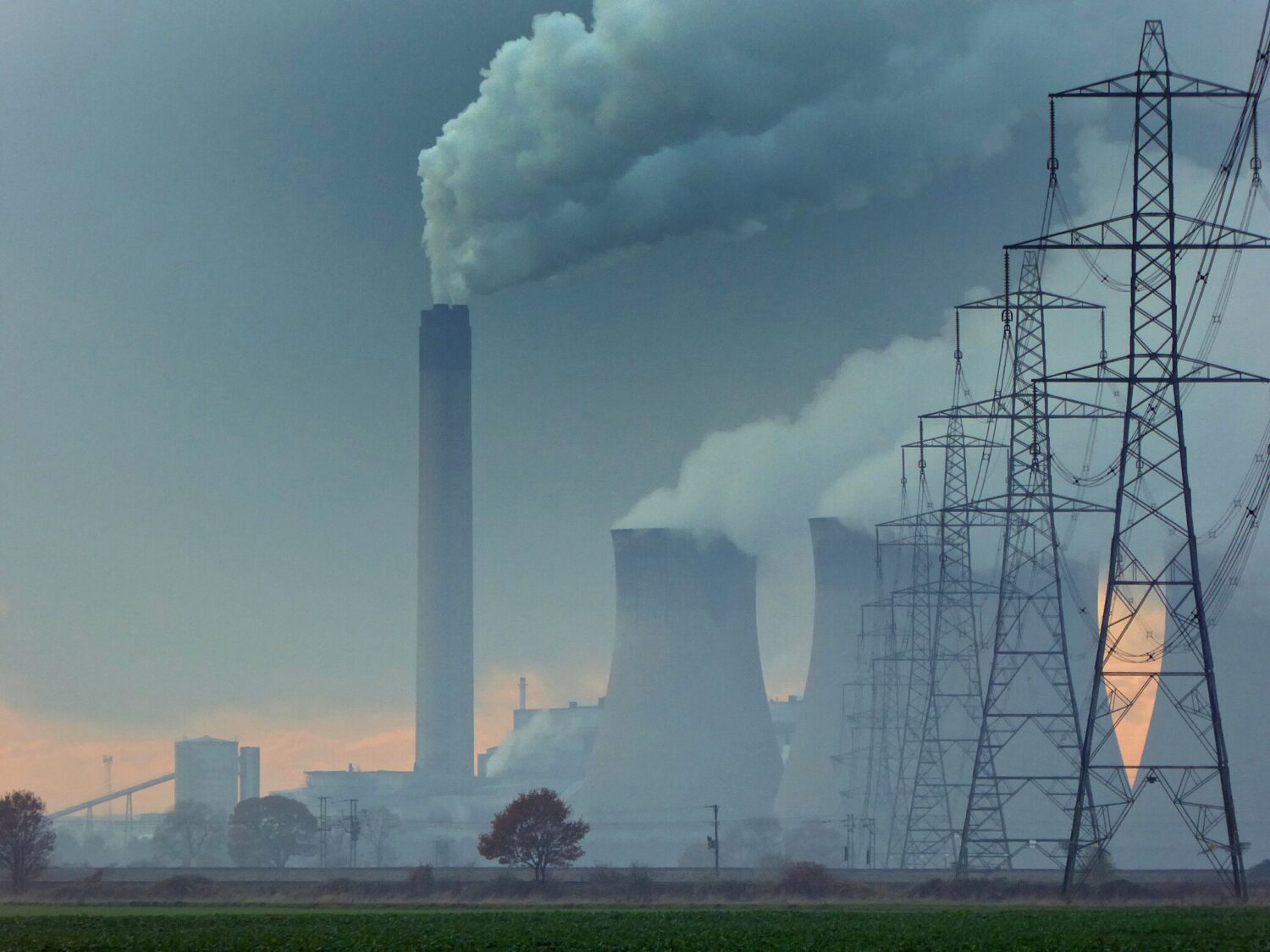The green blueprint
Fossil fuel dependence is harming us and the planet, writes Tessa Khan
The last year has laid bare the true cost of our reliance on fossil fuels: not only are oil and gas driving the climate crisis, but the rocketing price of these commodities, particularly gas, has spurred the worst cost of living crisis in the UK in a generation. Even with the billions being spent on an energy price cap, almost 7 million households are living in fuel poverty this winter.
Moreover, oil and gas companies have announced record-breaking profits: after seeing a substantial post-Covid recovery, BP, Shell, Equinor and other oil and gas firms declared even higher figures for last year, with Shell alone making £32bn in profit.
At the same time, the UK government continues to approve the development of new oil and gas fields in the North Sea and to hamper the development of our abundant renewable energy resources. Between our ongoing role as a major oil and gas producer in a climate crisis, scandalous levels of fuel poverty – including people living in freezing homes after being forcibly transferred to pre-payment meters – and the outrageous profits being banked by oil and gas companies, the need to fundamentally overhaul our energy system has never been more stark.
A Labour government not only has the responsibility to respond to these dual imperatives of climate and energy affordability; it also has the opportunity to position the UK as a global leader at a time when the US and EU are in a race to support the development of their green industries. The signs that it will embrace this opportunity are positive: the Labour party has announced that it will deliver a 100 per cent clean power system by 2030, which is five years earlier than the current government’s target and would be the most ambitious clean power target of any major economy.
Further, Labour is right to argue that the loophole within the current windfall tax – which amounts to a £10.6bn write-down of the tax paid by the oil and gas industry in the UK – should be closed. Not only does the loophole, which provides tax relief to companies if they open up new oil and gas fields, further entrench our dependency on fossil fuels; it also forgoes a level of tax revenue that could provide an inflation-matching pay increase for every NHS worker and teacher in the UK for a year.
But to truly ensure a rapid and just transition in our energy system that protects the most vulnerable, there is more that a Labour government can and must do. First, Labour must ensure that the UK does not expand its existing oil and gas production. That means rejecting any new oil and gas developments, including the Rosebank oil field, which is currently awaiting government approval and which is the largest undeveloped oil field in the UK. At three times the size of the controversial and ultimately stalled Cambo field, burning the reserves in Rosebank would result in carbon emissions equivalent to the annual emissions of the world’s 28 lowest-income countries put together.
Second, Labour must ensure that oil and gas workers and the communities that currently rely on the sector are at the centre of transition planning and that there are clear pathways out of high carbon jobs, making use of skills already within the workforce. This means investing in a supply chain for renewables here in the UK and creating a thriving domestic manufacturing base for the technologies and energy that the UK is ideally positioned to develop. Labour’s plan to establish a publicly owned clean energy company is a step towards ensuring that the public benefits from our energy system, but it needs to encompass more of our energy system’s infrastructure.
Finally, Labour’s intention to create an ‘anti-OPEC’ alliance of countries dedicated to supporting and cooperating to expand renewable energy production is welcome, especially given the serious geopolitical consequences of our dependence on petro-states like Russia. Yet for a safe climate, the speed at which we transition away from oil and gas is no less important than the speed at which we scale up renewables, and so Labour should also join a club of countries that is committed to this transition: the Beyond Oil and Gas Alliance. That would cement the UK’s position as a global climate leader and create the international momentum that is needed for countries to stay on track towards a liveable climate.
In short, the rewards for an ambitious programme to transition the UK away from oil and gas are rich. At home, we can create thriving local and national economies that are built on the industries of the future. Globally, we can drive crucial momentum to ensure a safe climate for generations to come.

